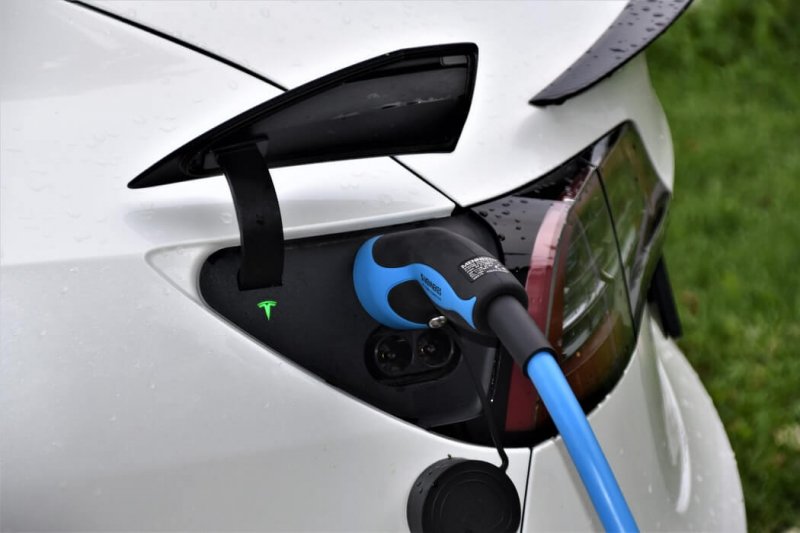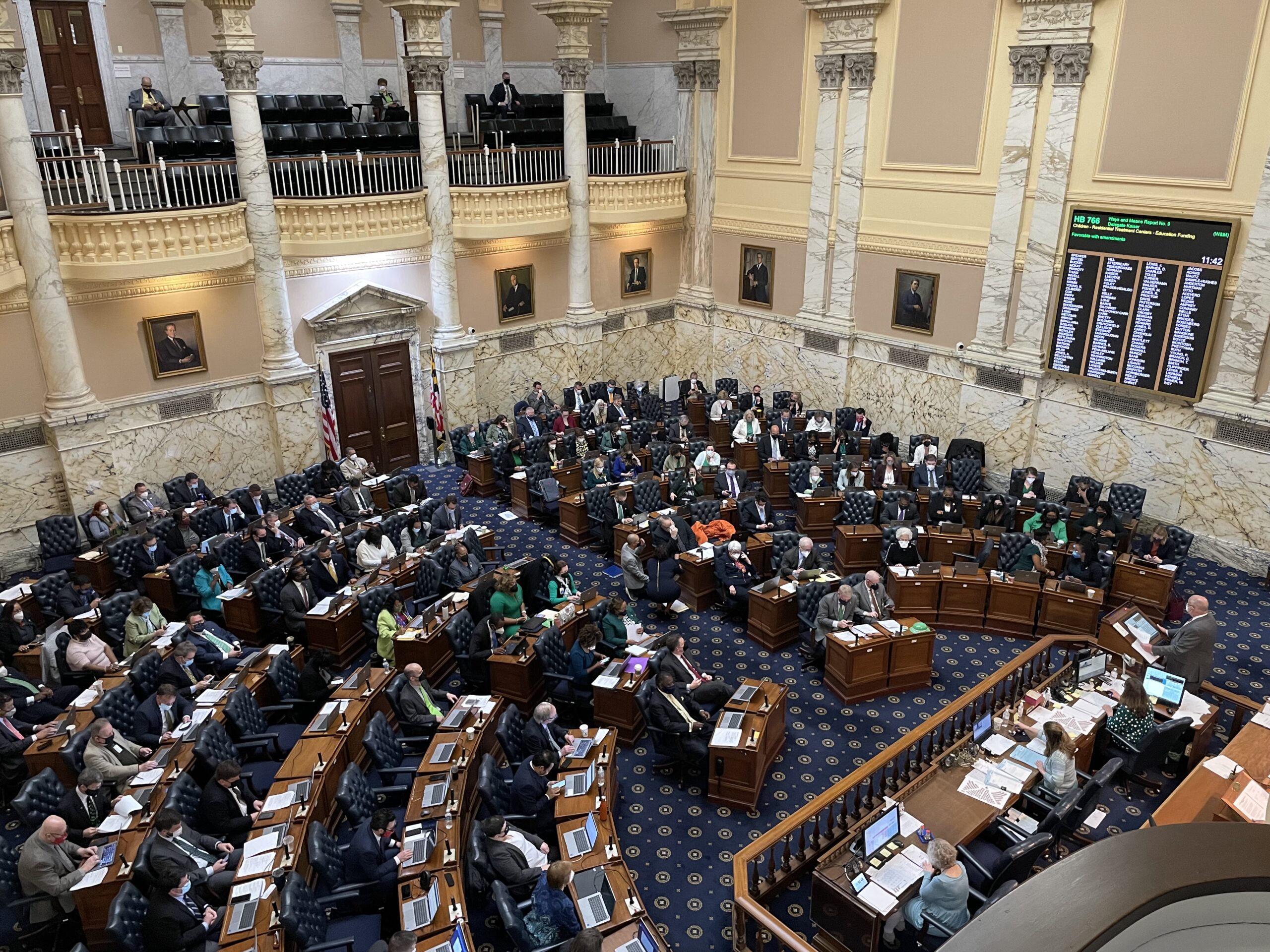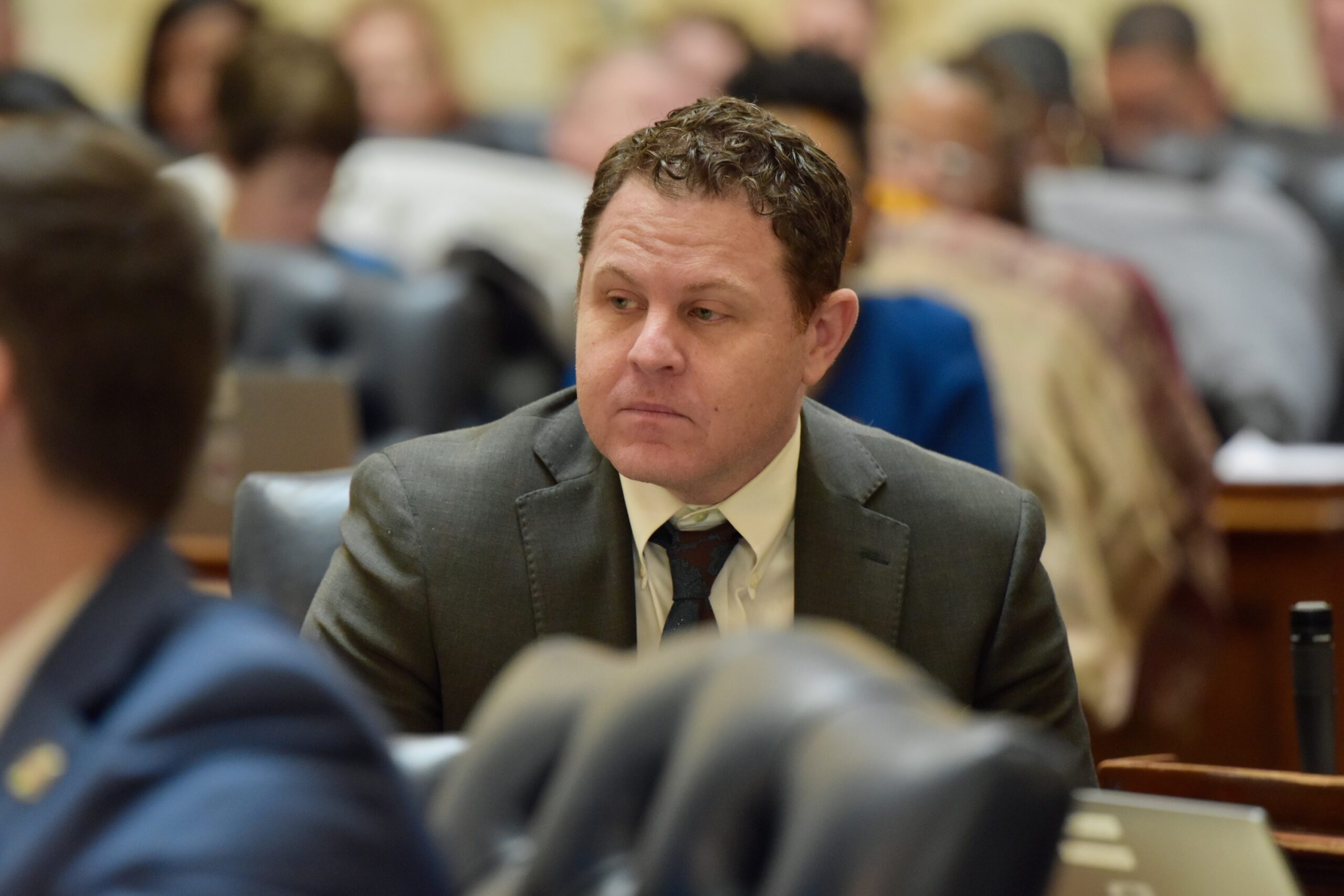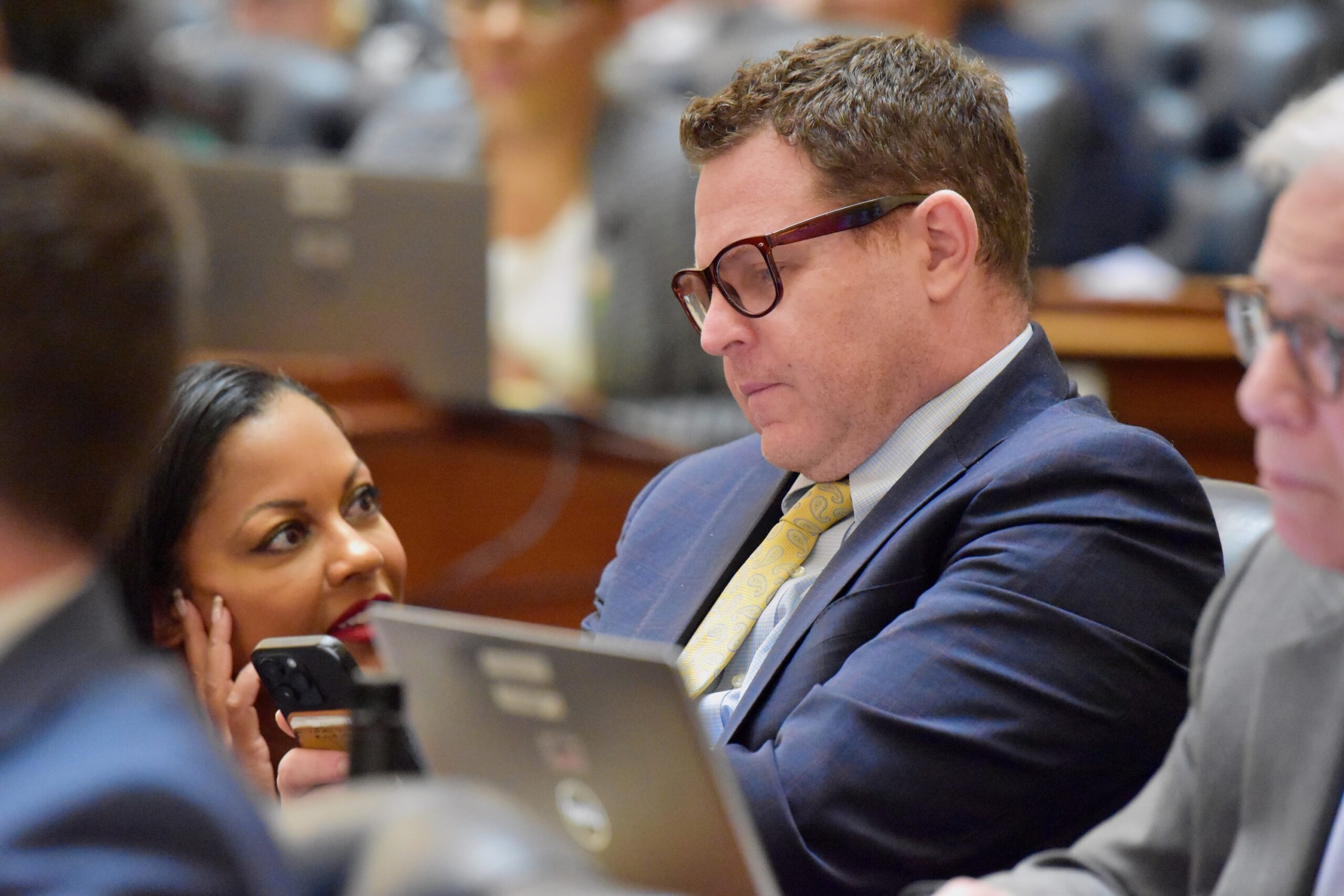Opinion: Md. Should Embrace Clean Energy and the Economic Opportunities It Will Bring

Energy-efficient technologies are key to building a better future, especially with regard to our transportation system. If we stay on track, in the not-so-distant future clean-energy, zero-emissions vehicles will be the norm.
The cascading fallout from climate change makes this switch to cleaner transportation an imperative.
Maryland, with a strong record in environmental action, should accelerate its embrace of energy-efficient, clean-transportation technologies to both respond to climate change and to seize a major economic opportunity. Our company, which has its U.S. headquarters in Baltimore, is one of many creating and building the technology needed for low- and zero-emission transportation. This sector is growing quickly and holds enormous economic potential for the state.
In the next several days, Maryland has the chance to speed up the move to clean transportation by signing on to the regional Transportation and Climate Initiative.
TCI is a collaboration of Maryland and 11 other states along the Eastern Seaboard, along with the District of Columbia, working together on a regional strategy to bring down transportation-related pollution and invest in clean-energy projects.
Today, more than a third of carbon emissions are created by the transportation sector; we cannot address climate change if we don’t dramatically reduce transportation emissions.
TCI establishes a cap on those emissions and requires gasoline and diesel wholesalers to purchase allowances for the carbon content of their fuel. The revenue from those allowance sales would go to the states, which would use it to make investments in cleaner, more efficient transportation solutions.
Maryland is a part of the TCI collaboration but will need to sign a memorandum of understanding agreed to by all the participating states.
While it is a regional initiative, TCI will not tie the hands of Maryland leaders in how it is implemented. Decisions about how to invest TCI revenues will rest in the hands of Maryland’s elected leaders who understand the state’s needs and priorities.
Broadly, proceeds from TCI can be used to fund improvements to public transit across Maryland – in urban, suburban and rural areas – which is critical to helping people get to jobs. Proceeds would also go to pay for clean infrastructure that reduces the use of vehicles – by adding protected bike lanes or expanding access to broadband internet.
Maryland can also use TCI to make long-overdue investments in communities that have been overlooked or that have suffered from being located near heavily polluting roads and facilities. For communities of color that have lived with the negative health impacts of this pollution for generations, this new investment is a matter of racial equity.
Finally, incentives created through the TCI program would boost the electric vehicle market and would help a range of businesses make new investments in their operations.
Our company, which now employs 300 people in the state, manufactures key components for medium- and heavy-duty, zero-emission vehicles. We expect this sector to grow significantly and are making investments company-wide, and staying true to our commitment to developing sustainable, clean-energy components. Many other businesses in Maryland are also poised to expand and create well-paid jobs within the clean energy industry.
Our company and many other businesses appreciate the Hogan administration’s participation in TCI discussions and remain hopeful the governor will commit Maryland as a partner in this multi-state initiative.
Gov. Larry Hogan has already demonstrated leadership on clean energy. He recently joined the governors of Virginia and North Carolina in a collaboration to advance offshore wind projects in the region and promote the region as a hub for offshore wind energy and industry.
Earlier, he committed Maryland to joining 14 other states to speed up the deployment of zero-emission medium- and heavy-duty vehicles. The agreement, which had strong support from businesses, will help Maryland and other states meet ambitious emission-reduction goals.
It will also help bring down air pollution-related health problems. This is especially important now as research is showing that people exposed to smog may be more susceptible to the worst effects of COVID-19.
Those regional agreements are smart responses to climate change and environmental challenges. Working together across state lines makes practical sense, and governors and legislatures are continuing to lead on the climate issue amid a stalemate on climate action by Congress.
Now, we are hopeful Gov. Hogan will continue his thoughtful, regional approach to foster efficient and clean energy and embrace TCI – and the economic opportunities it will bring to Maryland.
— JOHN SHEFF
The writer is director of public and industry affairs at Danfoss North America, headquartered in Baltimore.




 Creative Commons Attribution
Creative Commons Attribution